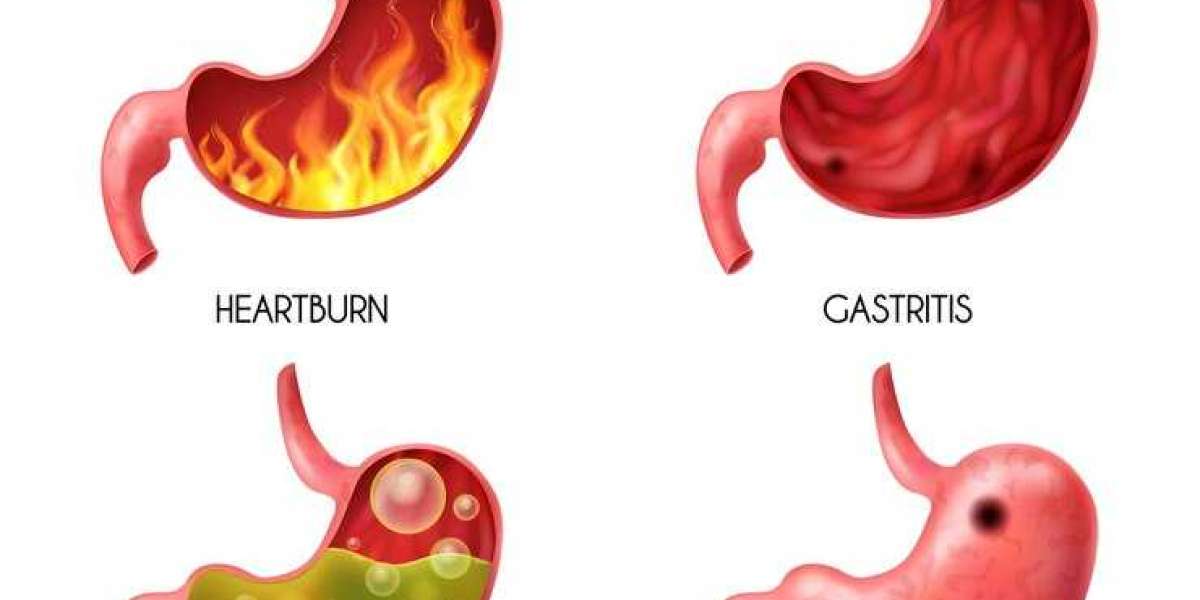Introduction:
Peptic ulcers, characterized by painful sores that form on the lining of the stomach or small intestine, have long been associated with various complications. Beyond their well-known impact on digestive health, recent studies have explored a potential connection between peptic ulcers and the development of stomach cancer. This article delves into the intricate pathway linking ulcers to cancer development, shedding light on the complexities of this relationship.
Ayurvedic treatment of cancer has earned recognition worldwide. Punarjan Ayurvedic Cancer Hospital is counted as one of the Best Cancer Hospitals in Hyderabad
Understanding Peptic Ulcers:
Peptic ulcers primarily result from an imbalance between stomach acid and the protective mucous layer lining the stomach and duodenum. Helicobacter pylori (H. pylori) infection, long-term use of nonsteroidal anti-inflammatory drugs (NSAIDs), and certain lifestyle factors contribute to the formation of these ulcers. While peptic ulcers themselves pose health risks, researchers are increasingly investigating their role as potential precursors to more severe conditions, including stomach cancer.
Inflammation and Cellular Changes:
One key mechanism linking ulcers to cancer lies in chronic inflammation. The continuous irritation and damage to the stomach lining caused by untreated or recurrent ulcers can trigger an inflammatory response. Prolonged inflammation, in turn, can lead to the accumulation of genetic mutations and changes in cellular structure, creating an environment conducive to the development of cancerous cells.
Helicobacter pylori Infection:
H. pylori, a bacterium that commonly infects the stomach lining, is a major contributor to both peptic ulcers and stomach cancer. Persistent infection with H. pylori can induce chronic inflammation and damage the protective mucosal layer, increasing the likelihood of ulcer formation. Additionally, the bacterium's presence has been strongly linked to an elevated risk of gastric cancer, particularly when coupled with pre-existing ulcers.
The Role of Gastric Acid:
The corrosive nature of gastric acid plays a dual role in the relationship between ulcers and cancer. On one hand, the acid contributes to the initial formation of ulcers by eroding the stomach lining. On the other hand, the altered acidic environment resulting from chronic inflammation and ulceration creates conditions conducive to the growth of cancer cells. Researchers are exploring how these acid-related factors contribute to the progression from ulceration to malignancy.
Genetic and Environmental Factors:
Individual susceptibility to both peptic ulcers and stomach cancer is influenced by a combination of genetic and environmental factors. While some individuals may have a genetic predisposition to developing ulcers or reacting strongly to H. pylori infection, environmental factors such as diet, lifestyle, and exposure to carcinogens also play a significant role. Understanding these multifaceted influences is crucial in unraveling the complexities of ulcer-related cancer development.
Screening and Prevention:
Given the potential link between ulcers and stomach cancer, early detection and intervention are vital. Regular screening for H. pylori infection, especially in individuals with a history of peptic ulcers, can help identify those at higher risk. Lifestyle modifications, including dietary changes and cessation of smoking, may also contribute to reducing the risk of cancer development in individuals with a history of ulcers.
Conclusion:
The relationship between peptic ulcers and stomach cancer is a complex interplay of inflammatory processes, genetic predispositions, and environmental factors. While peptic ulcers themselves pose health risks, understanding their potential role as precursors to stomach cancer opens new avenues for research and preventive strategies. Continued exploration of the intricate pathway from ulceration to cancer development is essential for developing targeted interventions and improving outcomes for individuals at risk. As medical science advances, unraveling the mysteries of this connection holds promise for more effective prevention and management of both ulcers and stomach cancer.
Mainly from the past two decades, Ayurvedic treatment has come into the picture of cancer care and management. Punarjan Ayurvedic Cancer Hospital is famous as the Best Cancer Hospital in Vijayawada.


